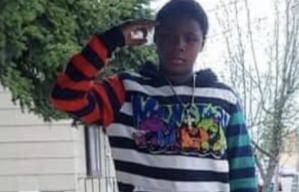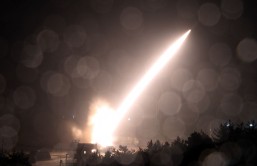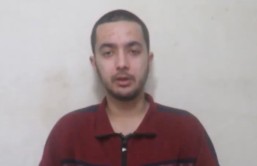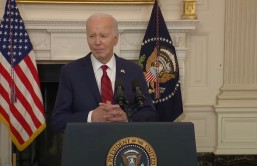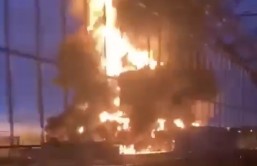The Russian government vowed to response on the continuing build-up of NATO forces along the western flank of the country.
The seemingly provocative statement of Russia came after NATO augmented its air and ground military forces in Romania, Lithuania and Estonia, along the border of Russia.
Alexander Grushko, Russia's envoy to NATO, said the move of the allied forces would disrupt the peace stability of the region and Russia considered the move as military and political containment against them.
"This cannot be the case that the Alliance does not understand that these measures will be left without a response from our side," said Grushko.
The high-ranking Russian official also condemned NATO of fueling fears when the Russian ships are moving in international waters, particularly at the English Channel, while NATO and the U.S. are doing the same for decades.
He said the Russian ships are not aiming any provocation in the region as the vessels are moving in the international waters en-route to the Mediterranean to carry out anti-terrorism tasks.
"[But] NATO and, above all, the United States continue an active exploration of the Black Sea waters with its multifunctional combat platforms, which have a serious strike and missile potential," he added.
He said NATO is concentrating its forces on limiting a non-existent threat from Russia.
NATO continues to increase its presence in the western border of Russia in what could be considered as the largest troop buildup since the Cold War.
UK vowed to send Royal Air Force Typhoon jets and 800 ground military troops in the region. On the other hand, Germany confirmed to send Leopard 2 tanks to Lithuania along with 650 soldiers to reinforce NATO forces at the Baltic States.
NATO said that around 1,000 soldiers are now on the move to Lithuania. These troops came from Bundeswehr, France, Belgium and Croatia.
"It is increasingly difficult to predict what Russia will do, or when Russia will perceive military provocation. So you'd rather be on the safe side and signal to Russia that there is no free ride in the Baltics," said Gustav Gressel, Russia specialist at the European Council on Foreign Relations.
Early this week, Russia has unveiled the biggest nuclear weapon the world has ever since.
